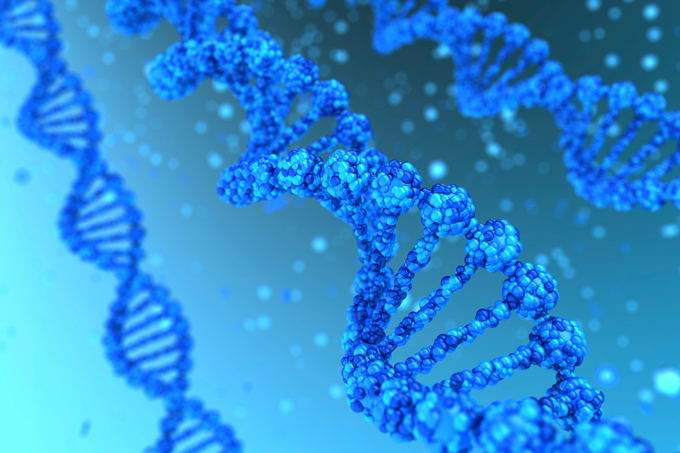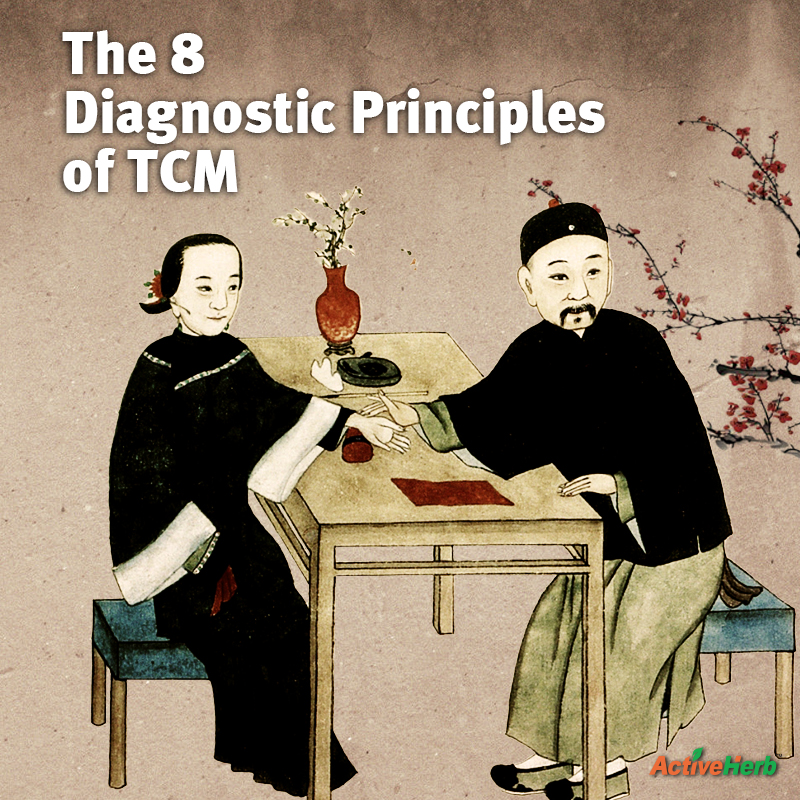Test Liquor by detecting DNA? Why the New York Attorney General’s test on herbal supplements is likely flawed?

Early this week I was shocked at reading the news that the New York Attorney General (NYAG) is accusing 4 US national retailers, Walgreen, GNC, Target, and Walmart, of selling bogus herbal supplements in their stores under their store brands.
The reason I felt shocked is that these stores are the main street stores that most people go shopping. Though the goods sold there may not be of top quality, nevertheless no one expects them to stock fake goods. Even the store brands are cheaper, I still expect a basic level of quality control should have been followed during the production which normally involves multiple points of checking and verification of ingredients. This is mandatory for the manufacture of every dietary supplement. From the wide scale of accusation, if it is true, it would indicate a systematic failure of the supplement industry and a big damage to the public trust.
Then, as a scientist, naturally I am curious at what evidence led the NYAG to the accusation. According to the report, the NYAG deployed a technology called DNA barcoding to detect the DNA of the herbal species claimed on the label of an herbal supplement. The idea is the same as DNA fingerprinting in forensic science. So, let us say if a sample supplement bottle is a product of Ginkgo biloba, it makes sense to detect the existence of its DNA. Right?
This is right, but only to the certainty when the plant material is present in its raw processed form, for example, in ground powder where DNA is not yet destroyed. However, when a complex processing is used to extract and enrich active ingredients from the plant material, its DNA would be either removed or destroyed. In such cases, even the most sensitive DNA detection method like PCR would fail to detect its DNA in the finished product.
You may ask how do I know what you said here is correct. The fact is that I happen to be a DNA expert after I have spent most of my adult life as a researcher on DNA.
Now let us take Ginkgo biloba as an example. Ginkgo is specially mentioned in the news to have failed the NYAG DNA test. As a popular herbal supplement, Ginkgo is available in all the mentioned stores. The part of Ginkgo used in supplements is its leaves. As I know, no manufacturer in the USA just grinds up the ginkgo leaf and sells its raw powder. Instead, Ginkgo leaves are extracted and gone through a complex purification process that ends up with a composition of 24% flavone glycosides and 6% terpene lactones. Such a standardized extract is what a typical house brand of Ginkgo biloba would have used.
Are we able to detect ginkgo DNA from these products? Very unlikely unless only powdered ginkgo leaves are bottled. Therefore, the NYAG’s failure to detect the ginkgo DNA is exactly what it should be expected. Otherwise, it would indicate the use of raw ginkgo powder, which is not effective and potentially toxic.
One may ask why the NYAG can then detect the rice DNA in the supplements. The answer simply lies in what we discussed above. It is because the rice raw powder but not the rice extract is used as a volume filler of the products.
Is the case of Ginkgo an exception? No. Most herbal supplements on the shelves of the accused stores are not raw powders. They are rather fine extracts enriched with active ingredients. No wonder such products failed in the NYAG’s test as well.
The method the NYAG tests herbal supplements is most likely flawed. It is just like testing liquor by trying to detect the DNA of rice or wheat. The right and reliable way of detecting fake herbal products is to measure the specific constituents of each herbal species. No other shortcut.
Disclaimer: I or ActiveHerb has no business relationship with any stores mentioned here.
Resources:
1. New York Attorney General Targets Supplements at Major Retailers






